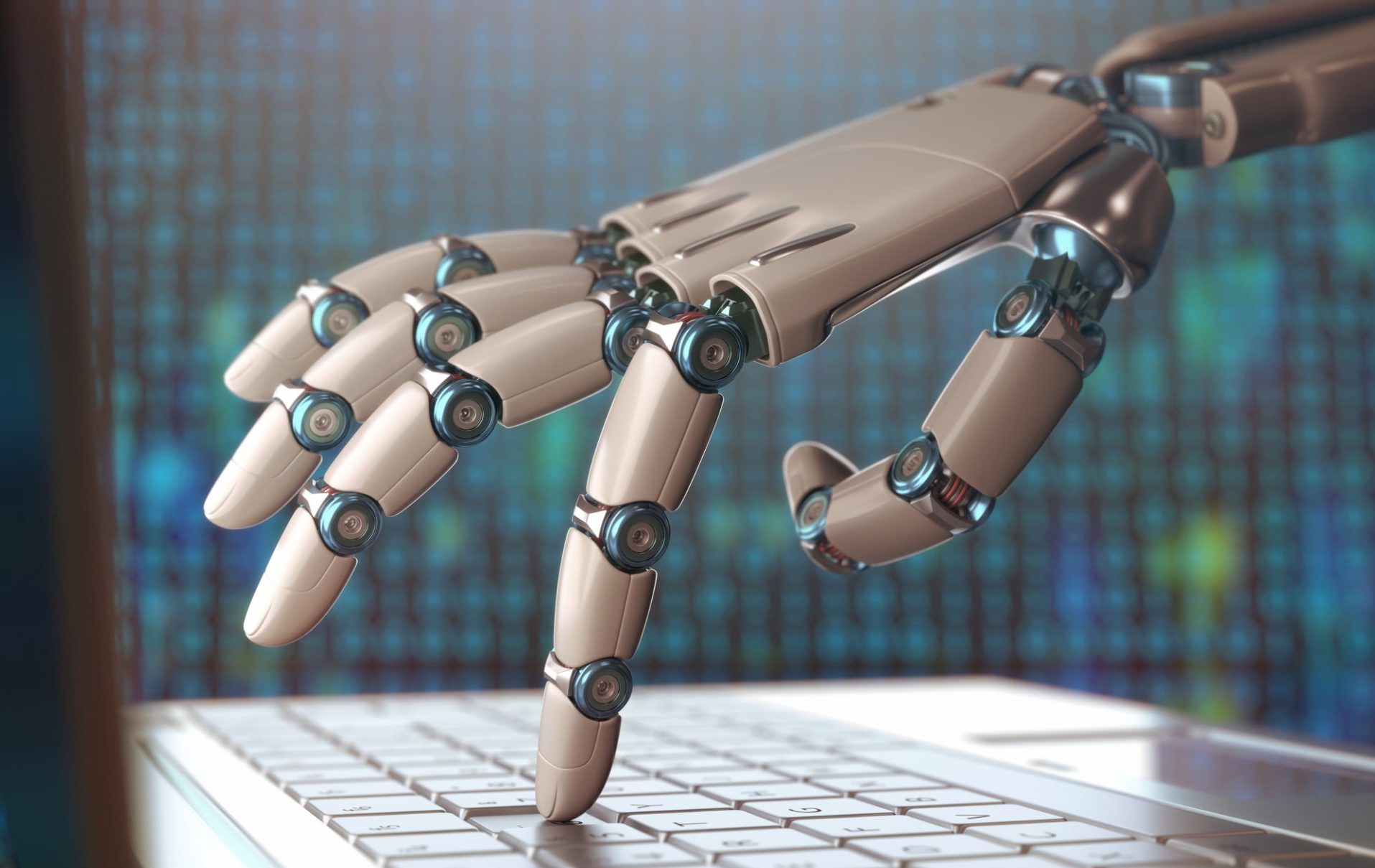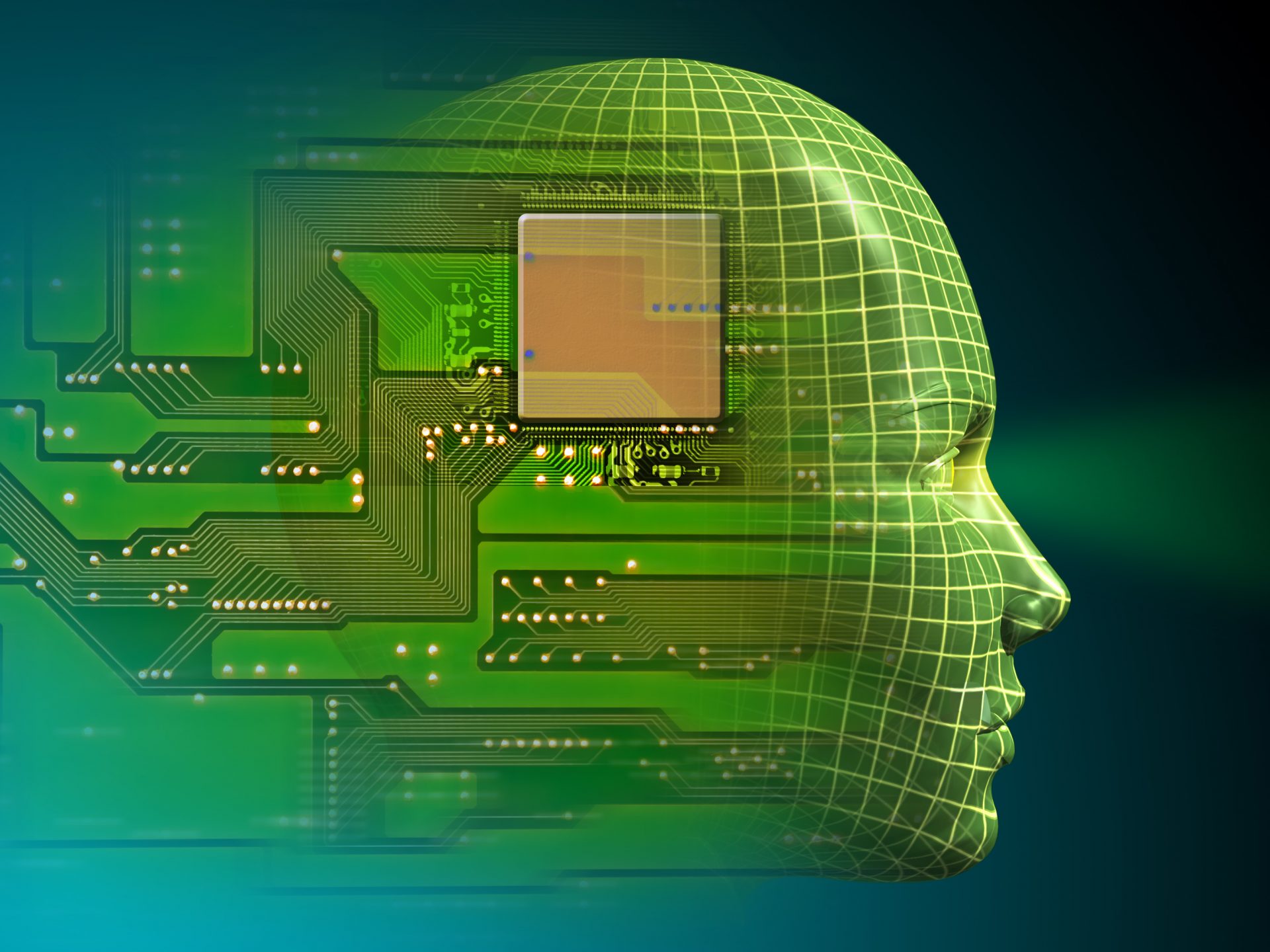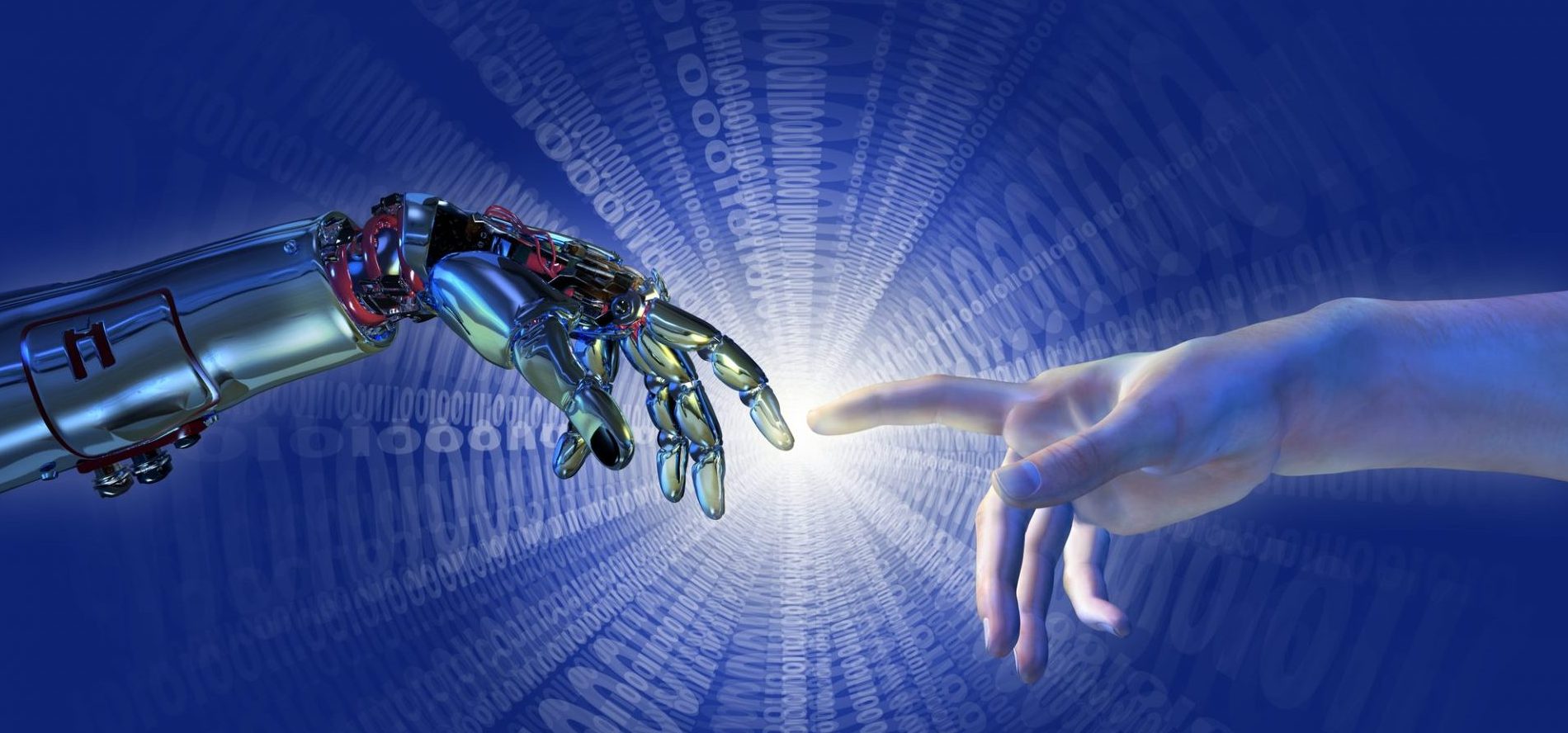
Artificial Intelligence: Friend or Foe?

Brain expert
AI: The tool
Many people worry about artificial intelligence (AI) eliminating jobs and displacing workers, or even taking over human society. A February 2016 report from Citibank and the University of Oxford predicted that automation threatens 47 percent of U.S. jobs, 35 percent of U.K. jobs, and 77 percent of jobs in China. An August report from Forrester stated that customer service and transportation jobs will be gone by 2025, and that we’ll feel the impact of this change within five years.
These fears aren’t unfounded, but they may need refocusing. Few of us understand what algorithms are or how they work; to most of us, they are invisible. Like the electricity that flows unseen and taken for granted throughout our homes, offices, and cities, we don’t notice the many ways that algorithms already shape our experiences, large and small.
This is a problem, because the disconnect between understanding what algorithms do, how they work, and how we should be shepherding their use and our ideas about AI are artificially and unreasonably detached. Yes, algorithms control how AI works. However, they also control how we work to a large extent — and we made them that way because it saves us time and effort.
Algorithms run the internet and make all online searching possible. They direct our email along with us when using our GPS systems. Smartphone apps, social media, software: none of these things would function without algorithms. AI is also dependent on algorithms, and in fact is the next-level extension of our life in the age of algorithms; what we’ve done is teach algorithms to write other new algorithms, and to learn and teach themselves.
Just as we once feared that computers would put us all out of work, we now fear that AI will take all of our jobs away. We have seen the next level of our algorithmic age, and we’re not sure what to make of it. Evolution is never totally predictable and is often messy.
However, part of the way we navigate this transition successfully is by learning to see what it is that we’re concerned about, and what’s actually present around us right now. Pew Research Center and the Imagining the Internet Center of Elon University recently polled 1,302 scholars, technology experts, government leaders, and corporate practitioners about what will happen in the next decade. The respondents were asked just one question: will the net overall effect of algorithms be positive or negative for individuals and society?

Net benefits
The canvassing of these respondents, which was non-scientific from a statistical perspective, found that 38 percent of the respondents predicted that the benefits of algorithms will outweigh the detriments for both individuals and society in general, while 37 percent felt the opposite way, and 25 percent thought it would be a draw. These results are interesting, but what was really significant were the respondents’ written comments elaborating their positions. There were seven general themes that emerged in the answers as a whole.
Almost all respondents agreed that algorithms are essentially invisible to the public, and that their influence will increase exponentially over the next decade. Barry Chudakov of Sertain Research and StreamFuzion Corp. breaks down the significance for Pew:
“Algorithms are the new arbiters of human decision-making in almost any area we can imagine. […] They are also a goad to consider [human] cognition: How are we thinking and what does it mean to think through algorithms to mediate our world? The main positive result of this is better understanding of how to make rational decisions, and in this measure a better understanding of ourselves. […] The main negative changes come down to a simple but now quite difficult question: How can we see, and fully understand the implications of, the algorithms programmed into everyday actions and decisions?”
We need to learn to see the ways we are thinking through algorithms so we can ensure we maintain oversight over our decisions and actions — and so we know their limitations and our own.
Another theme is that great benefits will keep coming, thanks to algorithms and AI: we will be processing and understanding far more data, and achieving more breakthroughs in science, technological conveniences, and access to information. This will mean healthcare decisions made with more of the whole picture in mind and decisions on bank loans considered with more context and detail. It might even mean an end to unfair practices like gerrymandering — which utterly depend on old-school ways of drawing up voting areas and disappear when algorithms draw them up instead.
Theme three is less rosy: advances in algorithms and big data sets will mean corporations and governments hold all of the cards and set all of the parameters. If algorithms are created to optimize and achieve profitability for a particular set of people without regard to the rest, AI and algorithms won’t correct this imbalance, but will make it worse. Clemson University assistant professor in human-centered computing Bart Knijnenburg told Pew: “Algorithms will capitalize on convenience and profit, thereby discriminating [against] certain populations, but also eroding the experience of everyone else. […] My biggest fear is that, unless we tune our algorithms for self-actualization, it will be simply too convenient for people to follow the advice of an algorithm (or, too difficult to go beyond such advice), turning these algorithms into self-fulfilling prophecies and users into zombies who exclusively consume easy-to-consume items.”
Theme five centers upon the potential of access to algorithmically-aided living to deepen already existing cultural and political divides. Consider the differences that exist even now between groups of people consuming algorithmically-driven political news — more and more distinct ideological classes with less and less in common, and less empathy for each other. Algorithmic living makes it more possible for us to avoid and exclude each other; what will the end result of this separation be?
Or, as another example, consider the potential divide between the many highly-educated people who are learning to “biohack” or use nootropics to enhance their lives, and the numerous people of lower socioeconomic classes who lack education and the means or desire to engage in these activities — and lack access as well, even if they hoped to remain upwardly mobile in the algorithm age. Could this kind of progressively deepening division be enhanced by algorithmic living, and will it result in a kind of socio-biounderclass?
The sixth theme concerns unemployment, and many respondents do see the age of the algorithm as the age of mass unemployment. This unattributed response from one person surveyed reflects this overall theme: “I foresee algorithms replacing almost all workers with no real options for the replaced humans.” Other respondents emphasized the need for a universal basic income (UBI) to ensure that even those who have less access and ability to adapt to the changing economy have a basic means for survival.
The final theme from the report: the growing need for algorithmic oversight, transparency, and literacy.
Many respondents advocated for public algorithmic literacy education — the computer literacy of the 21st century — and for a system of accountability for those who create and evolve algorithms. Altimeter Group industry analyst Susan Etlinger told Pew, “Much like the way we increasingly wish to know the place and under what conditions our food and clothing are made, we should question how our data and decisions are made as well. What is the supply chain for that information? Is there clear stewardship and an audit trail? Were the assumptions based on partial information, flawed sources or irrelevant benchmarks? […] If there were ever a time to bring the smartest minds in industry together with the smartest minds in academia to solve this problem, this is the time.”

Putting algorithms to work
One of the most important takeaways to glean from this report — and indeed, all reporting on AI right now — is that there is no way to excise algorithms and the advances that are coming with them, such as AI, from our lives. Even if we wanted to, for example, live without all computer technology, it’s too late. That means that strategic planning for the future isn’t about pointlessly trying to ban things that are already coming. The smarter course is to find ways to make algorithms and AI technology work for us.
If we can collaborate with it, AI has the potential to make our working lives better, giving us higher levels of job satisfaction, relieving us of more dangerous and less interesting work. It can also ensure that the best candidates get jobs, and otherwise work to equalize the playing field — if we can ensure that’s how it learns to operate. We are deeply flawed teachers, considering that workplace discrimination, for example, persists. However, with self-awareness and algorithmic literacy, we can also teach ourselves.

